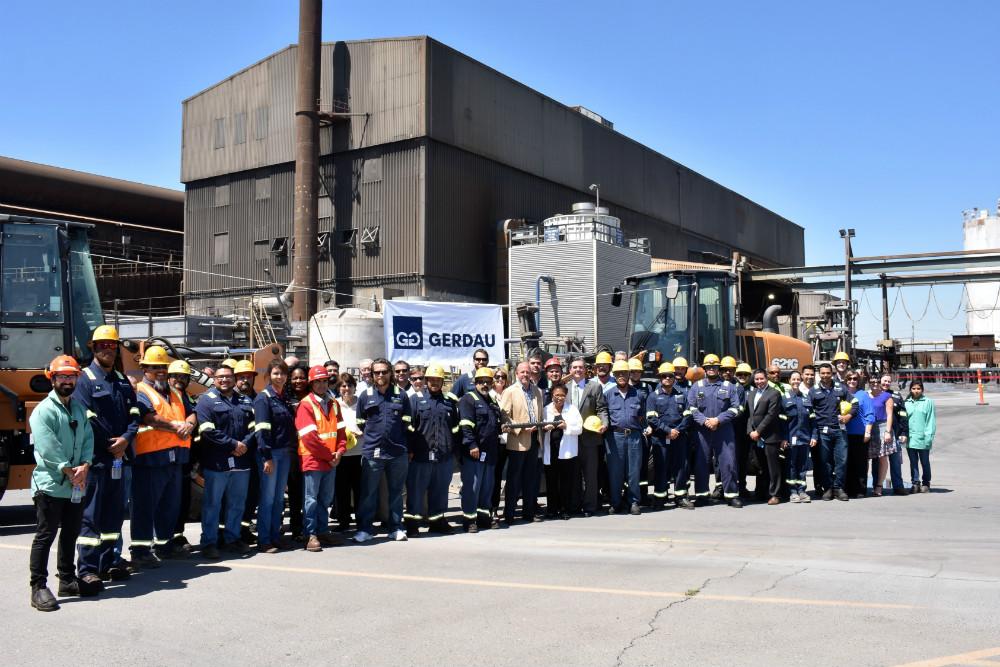There was a time when pursuing sustainability was something that “green companies” did to differentiate themselves from the rest of the business world. That time has passed.
Sustainability has now gone mainstream. It is a top business trend across the board, primarily because consumers have made it clear that their dollars will be going to support companies that implement sustainable practices. Some experts have even gone as far as saying that business success is now inextricably linked to success in the area of sustainability.
So, how do businesses become more sustainable? That is the problem. Businesses know they need to do it, they just do not know how. Recent studies have shown that the growing demand for sustainability has made it a top concern among business executives. However, that concern does not consistently translate to action. While 90 percent of executives say they support the shift to sustainability in the business world, only 60 percent of companies have implemented strategies for becoming more sustainable.
Reducing consumption, waste, and pollution without reducing efficiency and productivity is a challenge. Businesses need a solution that increases sustainability without decreasing profitability, and breakthrough tech is that solution.
A better future: The goal of sustainability

Sustainable practices are typically seen as those that allow businesses to produce and provide their products and services without having a negative impact on the environment. In essence, sustainability looks to provide for today’s needs without negatively impacting the ability to provide for tomorrow’s needs. It requires businesses to think beyond short-term profitability.
Common examples of sustainable practices in the business world include:
- Opting for sustainable materials over non-sustainable varieties.
- Reducing greenhouse emissions, especially as related to the supply chain.
- Reducing production practices that contribute to pollution.
- Mitigating environmental impacts with planting and other improvement efforts.
- Shifting energy needs toward renewable sources.
Breakthrough tech: The path to sustainability
In recent years, leveraging breakthrough tech has emerged as a key strategy in the pursuit of sustainability. Rather than looking to undo technological tools that have come to be seen as environmentally damaging, breakthrough tech provides opportunities to update those tools. The result is continued efficiency — or, in some cases, increased efficiency — that allows businesses to carry out their operations with a smaller environmental impact.
One area in which breakthrough tech is being used to affect sustainability is the reduction of power needs. The ongoing digitalization of the business world has resulted in an ever-growing landscape of computer networks that demand an ever-growing demand for power. Any technological advances that reduce the power needs of computers can dramatically improve sustainability. An example of this is technology that allows network servers to run cooler, thus reducing the energy demands related to cooling. The result is increased sustainability, as well as decreased operating costs for businesses.

Breakthrough tech is also being applied to increase sustainability by reducing waste. Innovations in plastic packaging provide an example in this area. By shifting from traditional rigid plastic bottles to innovative flexible plastic packaging, businesses are able to reduce the amount of plastic used by as much as 70 percent. As a result, the amount of plastic that could ultimately end up in a landfill — which represents a significant sustainability issue — is reduced by 70 percent.
Another area in which tech is boosting sustainability involves limiting the impact of chemicals that can lead to pollution. The use of drones technology in agriculture, for example, is allowing farmers to pinpoint the application of pesticides and fertilizers, thus reducing the potential for chemicals to make their way into the water table. The US Environmental Protection Agency defines the pollution prevention that drone technology enables as the most promising approach to preventing the dangerous consequences of pollution.
Breakthrough technologies bring to the business world the ability to break through the barriers that limit effectiveness. For today’s businesses, those barriers often involve sustainability. As a result, businesses that want to thrive in the era of sustainability must commit to understanding, valuing, and leveraging the latest developments in breakthrough tech.




